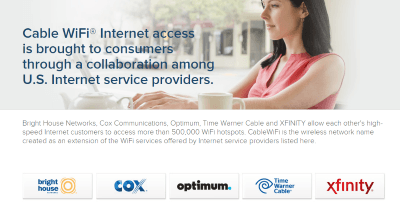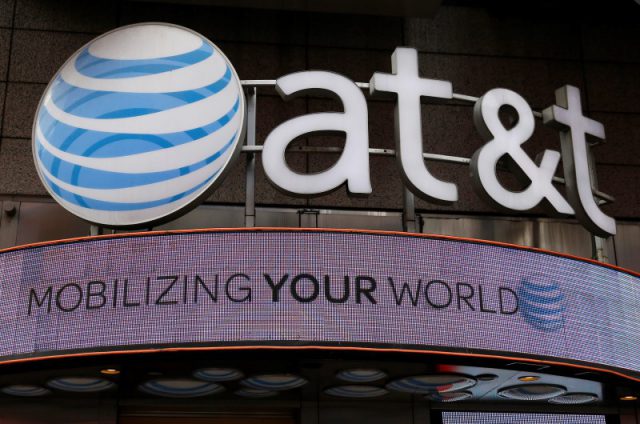Comcast has expanded its online video service Xfinity on Campus to 36 new schools, allowing college students who live on campus to watch live and on-demand TV at no cost.

The cable operator pitches the service to universities that are trying to move away from traditional coaxial cable networks and get cable TV wiring out of the dorms. Comcast’s program is essentially an investment for the future. Students exposed to Comcast’s cable TV service might become accustomed to having it, increasing the possibility they will stay with Comcast after they graduate.
Participating colleges set up a Metro Ethernet connection to the Comcast network and agree to support both an on-campus network that can support IPTV and a joint authentication solution that allows students access to the service by logging into their university accounts. The service is only available over the college’s campus network.
Comcast claims the service requires little or no equipment and students use their own devices — IPTV-ready televisions, as well as PC’s, notebooks, tablets, and smartphones to access the content.
New this year is free cloud DVR service, letting each student record up to 20 shows to view later. Comcast has also consolidated the on-campus service with traditional on-demand viewing available to all Comcast customers through the Xfinity TV app.


 Subscribe
Subscribe

 Comcast has confirmed new Altice USA and Charter Communications customers that used to subscribe to Cablevision, Time Warner Cable, and Bright House Networks will be able to continue accessing the free nationwide Cable WiFi roaming service, even though Altice and Charter are not members of the consortium that runs it.
Comcast has confirmed new Altice USA and Charter Communications customers that used to subscribe to Cablevision, Time Warner Cable, and Bright House Networks will be able to continue accessing the free nationwide Cable WiFi roaming service, even though Altice and Charter are not members of the consortium that runs it. Community broadband advocates will have to redouble their efforts to overturn state laws that restrict or prohibit municipal broadband, because the Federal Communications Commission today signaled it will no longer be a part of that fight.
Community broadband advocates will have to redouble their efforts to overturn state laws that restrict or prohibit municipal broadband, because the Federal Communications Commission today signaled it will no longer be a part of that fight.
